Hardy calls for Nevada to explore options on Yucca
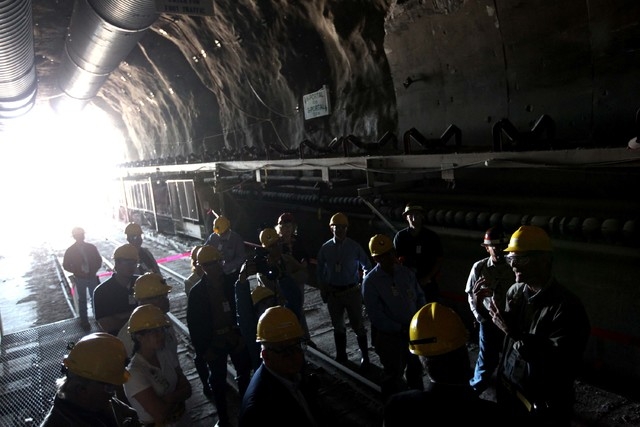
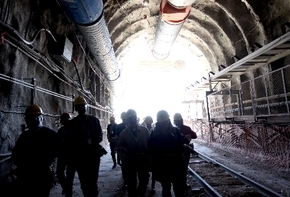
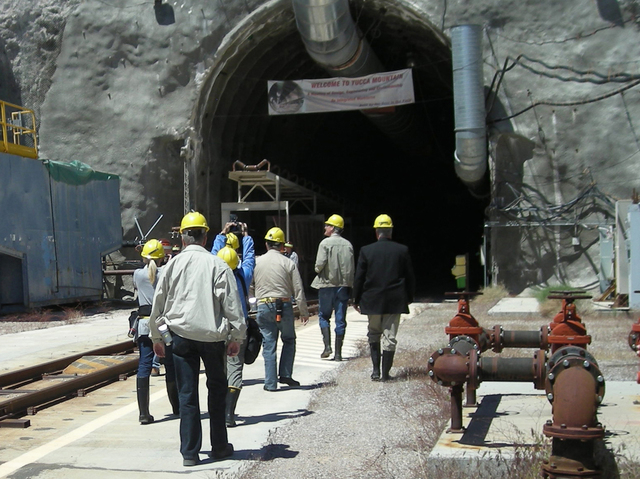
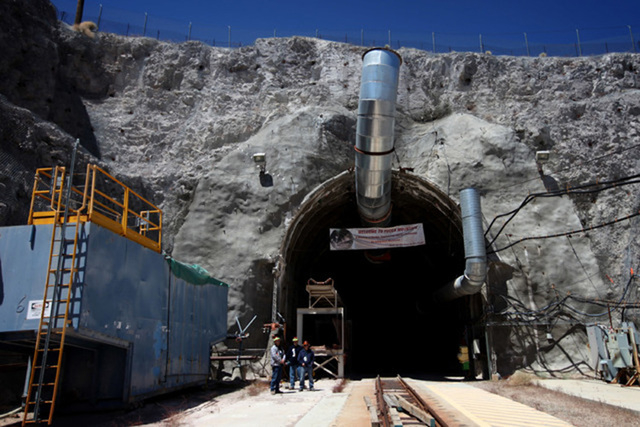
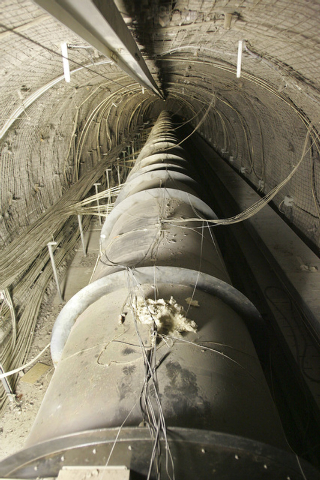
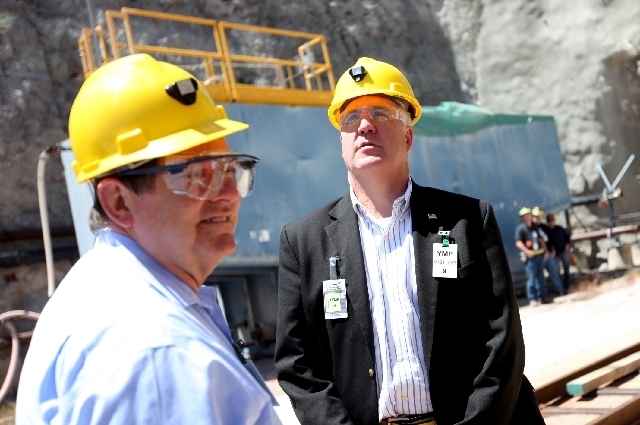
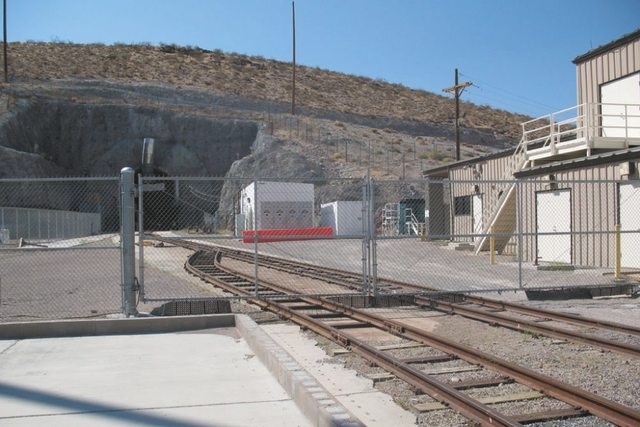
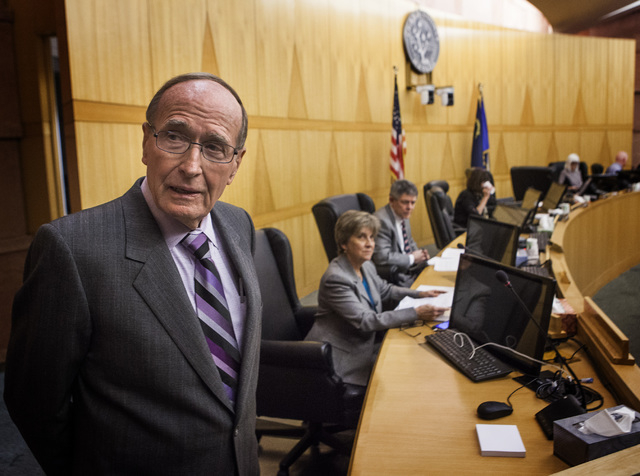
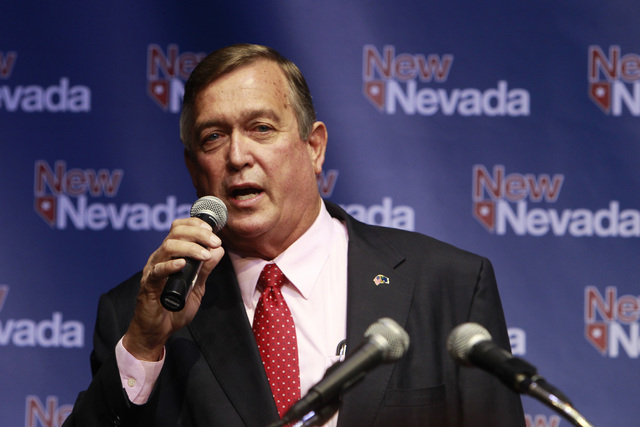
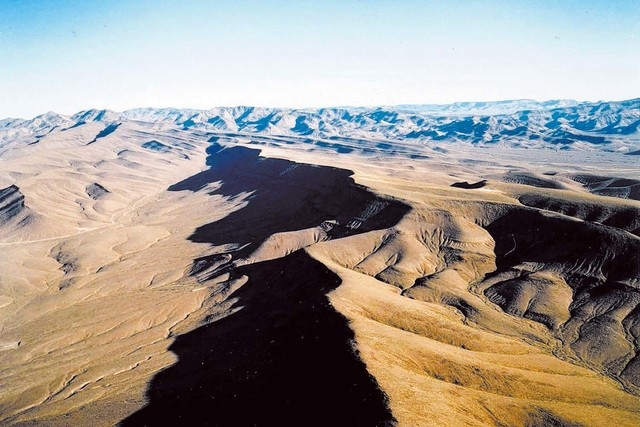
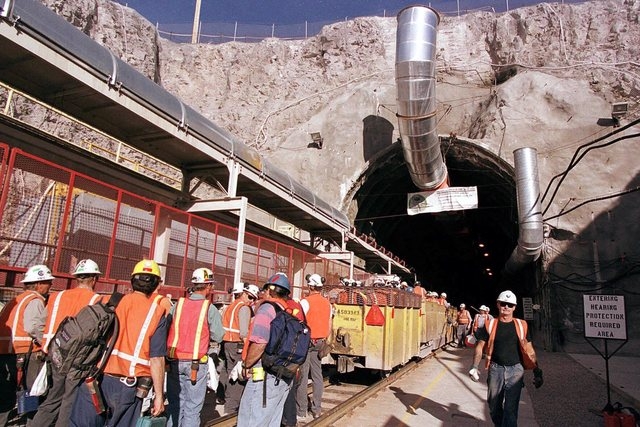
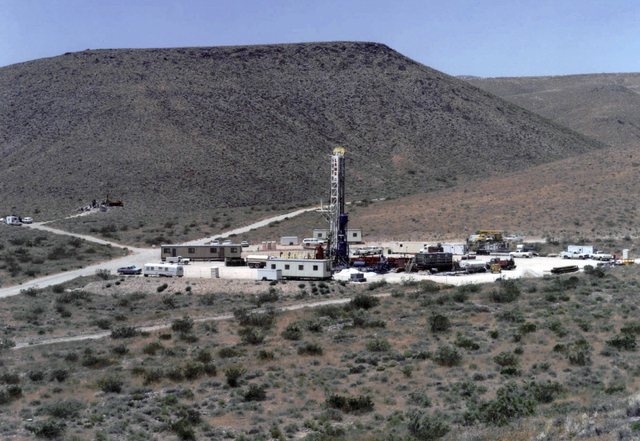
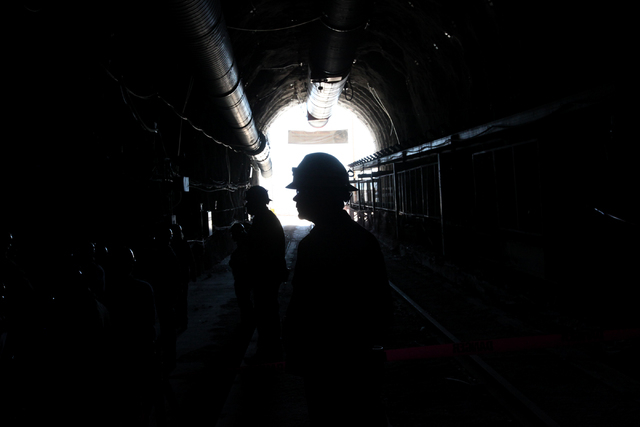
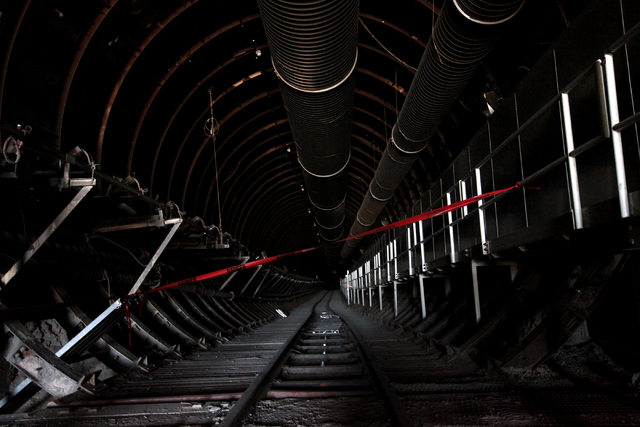
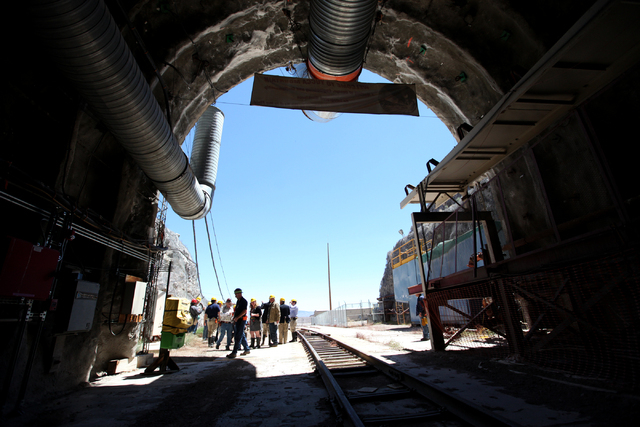
WASHINGTON — Nevada should open an “honest discussion” with the federal government over burying nuclear waste at Yucca Mountain to determine if citizens might want it and what benefits the state might obtain for hosting it, according to Rep. Cresent Hardy.
Hardy, a Republican and the newest member of Nevada’s delegation to Congress, says the decades-long battle over the controversial site is a sign of how “Washington is broken,” more concerned with political gain than with solving public policy puzzles.
“Sometimes issues are deeper than a simple ‘for’ or ‘against,’ ” he said. “Sometimes it just takes an honest in-depth discussion.”
Yucca Mountain “is an issue that long ago lost its middle,” according to Hardy.
Hardy outlined his views in an opinion article submitted to the Las Vegas Review-Journal and published in today’s newspaper. His call for Nevada to explore its options on Yucca sets him apart from other Nevada representatives including Sen. Dean Heller, the state’s senior Republican on Capitol Hill, and also GOP Gov. Brian Sandoval.
The freshman’s statements on Yucca are closely monitored by the nuclear industry and by pro-Yucca lawmakers on Capitol Hill looking for cracks in the state’s long-held opposition to the project. Rep. John Shimkus, an Illinois Republican and leading proponent of Yucca Mountain, has referenced Hardy as evidence that there is growing local support for the site.
Hardy’s views also appear to put him on a collision course with Senate Minority Leader Harry Reid, a key engineer of Nevada’s strategy to kill or delay Yucca Mountain, who has used his influence in Congress to carry it out.
Hardy took office in January representing the 4th Congressional District that includes most of northern Clark County, part of Lyon County, and all of Esmeralda, Lincoln, Mineral, White Pine and Nye County, where Yucca Mountain in located.
Eyeing potential economic windfalls from nuclear waste, pockets of leaders and residents from rural central Nevada counties generally are more welcoming of the project than those in urban areas and still harbor hopes it might be revived.
Asked about nuclear waste at Yucca Mountain in a Mesquite candidate forum in April, Hardy said, “I don’t think there’s a better place for it.”
Hardy tempered his comments somewhat following the election. In a December meeting with constituents in Pahrump, Hardy said he was “not for or against” the project but, “I think we need to be in the game.”
The newspaper opinion piece contains Hardy’s most expansive comments to date on the topic, including suggestions for what could be on a Nevada wish list for accepting the project such as a larger share of Colorado River water and/or permanent investments in schools, transportation and infrastructure.
“When was the last time someone from the Department of Energy or the White House asked the most basic of question: Is there a scenario in which Nevadans would actually welcome nuclear waste storage at Yucca Mountain?”
Hardy wrote that Nevadans might in fact not want a nuclear waste repository.
“But what if the answer were maybe?”
Acting on a pledge to Reid, President Barack Obama moved to terminate the project in 2010, and it exists today only on paper. But acting in response to a 2013 court order, the Nuclear Regulatory Commission in the fall released staff reports suggesting the site could be safe.
The Republican takeover of Congress also has revived efforts to resurrect the project on the grounds that Obama was wrong to shut it down without approval from Capitol Hill. In a bid to boost Yucca Mountain visibility, Shimkus plans to visit the site April 9, accompanied by Hardy and Rep. Mark Amodei, R-Nev.
Amodei and Rep. Joe Heck, R-Nev., have said they oppose Yucca Mountain as a repository for high-level nuclear waste, as was planned before Obama took office. But each has said he would look more favorably on utilizing the site for research on waste handling and reprocessing that might involve some amounts of radioactive material.
Reid and Rep. Dina Titus, D-Nev., have indicated they oppose any uses for Yucca Mountain that would utilize nuclear waste.
Historically, the Nevada strategy has been to discourage any talk of possible benefits for accepting nuclear waste on the grounds that it might signal a weakening by the state. State officials have argued it is folly to believe that Congress would pass legislation approving billions of dollars in benefits for a single state.
Also, they have argued, in order to collect compensation, Nevada likely would need to sign away its ability to challenge the project if problems were discovered down the line.
“The idea that Nevada is losing big federal dollars by opposing the Yucca Mountain project is nothing more than nuclear industry and (Department of Energy) propaganda aimed at changing public opinion about the project,” Bob Loux, a former director of the Nevada Agency for Nuclear Projects, said in 1992.
While he favors dialogue with the government, Hardy wrote that repository safety would need to be “overwhelmingly met” for him to sign off on the Yucca project. That standard has yet to be fully tested through license hearings before the NRC.
While the NRC staff safety evaluation reports were favorable toward Yucca, attorneys and scientists working for Nevada have prepared more than 200 contentions challenging aspects of the project.
Harboring a suspicion of the federal government dating to when open-air nuclear tests from Nevada poisoned people and animals downwind, critics of the Yucca Mountain project say they find it difficult to trust a nuclear program where an accident, even 100 miles away from the Strip, might prove disastrous for Nevada’s tourism-based economy.
Contact Las Vegas Review-Journal Washington Bureau Chief Steve Tetreault at stetreault@reviewjournal.com or 202-783-1760. Find him on Twitter: @STetreaultDC.
Related Story:
Hardy, Amodei to join Yucca Mountain tour
DOE on agency’s Yucca visit: Nothing to see here
New bill revives Nevada veto over nuke waste at Yucca Mountain












